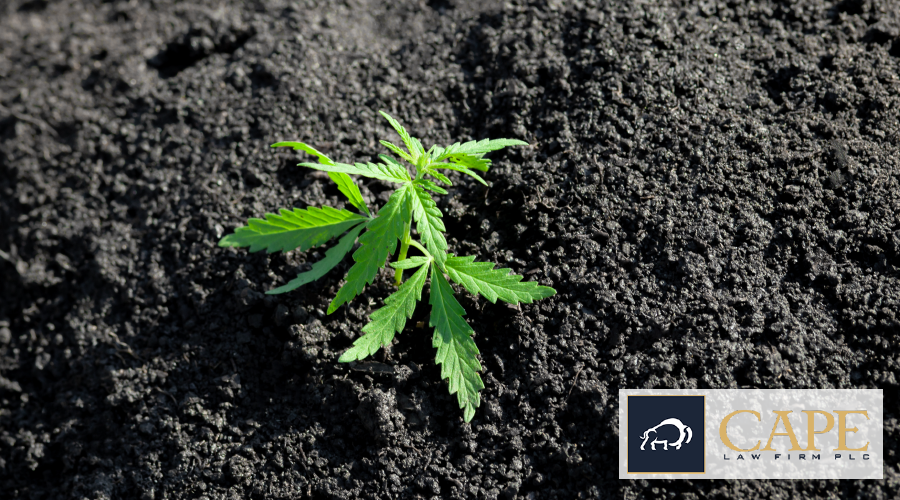Bitter Mess Over Chocolate Trade Secret Turns Out Sweet for Fudge Maker
A recent jury trial over a secret fudge recipe found that the ex-wife of the fudge maker had misappropriated the recipe and owed royalties for its use. In 1988, Chris Warman purchased a fudge recipe from another fudge maker and made various changes and improvements to the recipe and the fudge-making process. Warman shared the recipe with his then-wife, Christine Falvo, and it was used for a time in their joint business for fudge. The parties’ early business ventures in the fudge-making world didn’t pan out, resulting in defaults, bankruptcies, and a general shuffling of assets (including the recipe) into new businesses. Eventually, Warman and Falvo parted ways, and Warman licensed the secret recipe to his ex-wife to use in a business called Fudgie Wudgie. Warman’s son (Warman Jr.) also got into the fudge business and Daddy Warman provided his son with a license to sell fudge under the trademark “Chocolate Moonshine.” Warman Jr. and another business partner sold fudge under the Chocolate Moonshine trademark for a while, until Daddy Warman terminated their rights to use the mark. At some point, ex-wife provided the recipe to another company, Local Yokels Fudge, LLC, who began using it to make and sell fudge – a chocolate mess ensued.
Warman sued his ex-wife, Local Yokels, and his son’s business, alleging misappropriation of trade secrets, trademark infringement, tortious interference with contractual relations, unjust enrichment, and a handful of other claims. Falvo (ex-wife) asserted that the recipe was not a secret because (i) the process for making fudge was well-known and in the public domain, (ii) the original recipe had been purchased from another fudge maker who did not keep it confidential, (iii) it had been disclosed to several former business partners and employees over the years, none of whom were obligated to maintain confidentiality, (iv) the recipe had been disclosed in U.S. Patent No. 3,370,961 for a “Fudge-making process.”
The case was tried to a jury this month, and the jury returned a verdict for Warman, finding that the fudge recipe was a trade secret and that ex-wife Falvo had misappropriated it. The jury also awarded Warman $145,777 as a reasonable royalty for the unauthorized disclosure of the trade secret recipe.
While the result for the recipe owner turned out favorably, it bears noting that he probably could have done a much better job of documenting his efforts to maintain the secrecy of the recipe and made much better use of confidentiality and non-disclosure agreements. This makes it easier to prove the existence of the “secret” as well as the obligations required of others to preserve the secret.
Producers in Dual Purpose Cannabis States May Have to Pick a Path
Recent news reports have indicated that the USDA has revoked (or threatened to revoke) the hemp production licenses of some hemp farmers in States that have authorized medical and/or adult-use cannabis. At least some farmers that have hemp licenses authorized by the 2018 Farm Bill have also obtained State licenses to grow recreational cannabis in States where cannabis has been authorized. The legalization of recreational/medical cannabis has created a complex regulatory and jurisdictional framework between State and federal law which is somewhat conflicting. Reports have been coming in from some licensees that USDA is warning farmers that their hemp licenses will be revoked if they also choose to grow recreational or medical cannabis under a State license. Since cannabis that qualifies as marijuana remains a controlled substance under federal law, the USDA has apparently taken the position that hemp licensees are prohibited from producing medical/recreational cannabis. Jonathan Miller of the U.S. Hemp Roundtable pointed out “The expertise gained by growing one plant is very transferable to the other—they basically are the same species—and having a black-and-white bar like this is bad public policy.” You can read more here.
Petition for Full-On Ban of Glyphosate Submitted to EPA
A coalition of agricultural worker groups and food safety groups filed a Petition with the Environmental Protection Agency (EPA) this week asking the Agency to cancel all glyphosate registrations as “illegal” under federal law. In essence, the Petition alleges that there is no valid human health assessment on record to support the registration of glyphosate for its current uses. Under the Federal Insecticide, Fungicide, and Rodenticide Act (FIFRA) the EPA is required to periodically review pesticide registrations and supporting data to ensure that they continue to meet the “no unreasonable adverse effects” standard, which includes “unreasonable risks to man or the environment.” The EPA’s most recent registration review for glyphosate was struck down by the Ninth Circuit Court of Appeals “because it was deemed insufficient with regard to its human health assessment and cancer classification decision.” Accordingly, the current registrations do not include a legal safety assessment. Thus, the Groups are asking EPA to cancel existing glyphosate registrations. You can read the 70-page Petition here.





